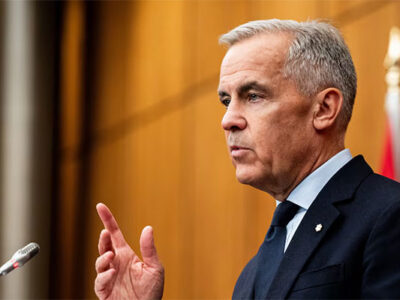New York, NY – Young adults in New York are experiencing hotter temperatures and more intense storms than their predecessors did in the 1970’s, according to a new report by Environment New York Research & Policy Center.
“We used to think global warming would happen someday, but someday is now,” said Heather Leibowitz, Director of Environment New York. “We’re already seeing record heat and more extreme weather, and without bold action, the next generation will be left a dangerous inheritance.”
The analysis, Dangerous Inheritance: The Hotter, More Extreme Climate that We’re Passing Down to America’s Young, examines changes in temperature, storm intensity and sea level rise through the eyes of five different generations. New Yorkers of today are experiencing 19 percent more precipitation than Baby Boomers experienced in the 1970s. And the Millennial Generation entered adulthood during the hottest ten-year period in the last 100 years.
UN Secretary-General Ban Ki-moon said the report vividly demonstrated how much climate change is affecting a new generation of young adults. But he said that youth can play a major role in addressing climate change.
“2015 is not just another year, it is a chance to change the course of history,” Mr. Ban said, emphasizing that this is the “first generation with the potential to end poverty and the last with the ability to avert the worst effects of climate change.”
Intense storms like Hurricane Sandy and Hurricane Irene have contributed to increases in precipitation, according to the study. The report also shows that in New York, Millennials came of age with seas 3.4 inches higher than in the 1970s.
As a result, coastal flooding has become more frequent. Sea-level rise has doubled the risk of a Hurricane Sandy-level flooding event in the New York City region, putting thousands of lives and billions of dollars in property value at risk.
“We can no longer delay. New Yorker’s way of life and future generations are in danger,” said Leibowitz. “Together we can take action on climate change to build a stronger, healthier, and more secure environment for future New Yorkers.”
Researchers found similar increases in temperatures and extreme weather across the country. In every state, young adults are experiencing warmer average temperatures than young adults in the Baby Boom generation. The biggest rain and snowstorms produced 10 percent more rainfall in 2011 than they did in 1948.
According to the report, if the United States and the world continue to emit more carbon pollution, the temperature will have risen 5-10 °F by the end of the century.
To avoid increasing average temperature, and the dangerous weather scientists predict will come with it, Environment New York advocates dramatic cuts in carbon pollution, starting with the U.S. Environmental Protection Agency’s Clean Power Plan, which requires a 30 percent reduction in power plant emissions from 2005 levels by 2030.
“We need our state and federal leaders to champion dramatic cuts in pollution, starting with the Clean Power Plan, so that we don’t pass down a more dangerous climate to the next generation,” concluded Leibowitz.













Comments